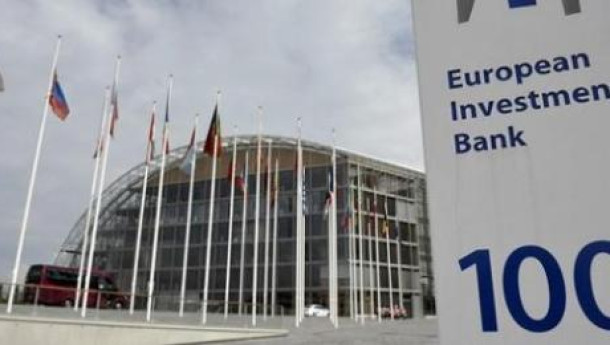
Cautious optimism about the future of the Cyprus economy was expressed by the head of the European Investment Bank (EIB) Werner Hoyer and EIB Vice-President Mihai Tanasescu, who held Thursday an open discussion with students from the University of Cyprus in the presence of the University Rector, Constantinos Christofides.
The President of the EIB said that “we need to restart the investments engine, since the key to exit the crisis is growth. Investments bring growth and growth brings jobs” he pointed out.
Besides tourism, he said, Cyprus should develop other sectors of the economy and called upon the small and medium sized business to become more ambitious. He added that sciences, (medical or natural sciences), innovation and knowledge economy, are the future sectors in which there will be demand. He also said that Cyprus should reduce its electricity prices, which is said are too expensive for households but for business as well.
The EIB President was also asked whether the bank would finance projects (in case of an agreement) in the fenced off area of the Turkish occupied town of Famagusta, called Varosha, which since 1974 remains uninhabited and abandoned to the elements.
“Famagusta`s potential is enormous. It can become a tourist paradise if there is reunification. If this happens, I believe that the EU will mandate us to be part of the effort”, he said.
Referring to the bank, he stressed that the money used for financing projects do not come from taxpayers but are raised mostly in the capital markets.
The bank, he said, finances projects in the following sectors: infrastructure, energy efficiency, climate action, small and medium sized enterprises, and knowledge economy “which is a very important sector, especially after the crisis is over”.
Hoyer said that the university of Cyprus has a qualitative infrastructure and is one of the best universities in Europe.
He called upon the students to have patience saying that better days will come. Cyprus, he said, has a bright future and an excellent human capital which, as he said, is important to get out of the crisis.
The bank`s Vice President expressed the view that Cyprus will recover in the next 18 months, noting that 2016 will be an important year.
He also expressed the opinion that 2015 will be a positive year for Cyprus, with tourism being the most important sector. But he pointed out that small and medium sized enterprises must be supported, as well as the energy sector.
Referring to the energy sector, he expressed conviction that on the medium or long term, this sector will become the most important one for the Cypriot economy.
Replying to a question on Greece, he said that the general mood in Athens among the people is better than three months ago, noting that “I believe Greece will recover soon but it has to learn from its mistakes. You have to learn from your mistakes here in Cyprus too”.
Referring to the University of Cyprus, he said it is an excellent university and called upon the students not to leave Cyprus, but stay on the island, since better days will come.
The Republic of Cyprus, an EU member state since 2004, was divided in 1974 when Turkish troops invaded and since then occupy 37% of its territory.
The fenced off area of Famagusta, called Varosha, remains to this day under the control of the Turkish military, in spite of repeated UN calls for its return to UN administration to enable the return of its lawful inhabitants, the overwhelming majority of which are Greek Cypriots. The walled city of Famagusta, close to the city port on the eastern coast, is inhabited by Turkish Cypriots and Turkish settlers.
The President of the EIB said that “we need to restart the investments engine, since the key to exit the crisis is growth. Investments bring growth and growth brings jobs” he pointed out.
Besides tourism, he said, Cyprus should develop other sectors of the economy and called upon the small and medium sized business to become more ambitious. He added that sciences, (medical or natural sciences), innovation and knowledge economy, are the future sectors in which there will be demand. He also said that Cyprus should reduce its electricity prices, which is said are too expensive for households but for business as well.
The EIB President was also asked whether the bank would finance projects (in case of an agreement) in the fenced off area of the Turkish occupied town of Famagusta, called Varosha, which since 1974 remains uninhabited and abandoned to the elements.
“Famagusta`s potential is enormous. It can become a tourist paradise if there is reunification. If this happens, I believe that the EU will mandate us to be part of the effort”, he said.
Referring to the bank, he stressed that the money used for financing projects do not come from taxpayers but are raised mostly in the capital markets.
The bank, he said, finances projects in the following sectors: infrastructure, energy efficiency, climate action, small and medium sized enterprises, and knowledge economy “which is a very important sector, especially after the crisis is over”.
Hoyer said that the university of Cyprus has a qualitative infrastructure and is one of the best universities in Europe.
He called upon the students to have patience saying that better days will come. Cyprus, he said, has a bright future and an excellent human capital which, as he said, is important to get out of the crisis.
The bank`s Vice President expressed the view that Cyprus will recover in the next 18 months, noting that 2016 will be an important year.
He also expressed the opinion that 2015 will be a positive year for Cyprus, with tourism being the most important sector. But he pointed out that small and medium sized enterprises must be supported, as well as the energy sector.
Referring to the energy sector, he expressed conviction that on the medium or long term, this sector will become the most important one for the Cypriot economy.
Replying to a question on Greece, he said that the general mood in Athens among the people is better than three months ago, noting that “I believe Greece will recover soon but it has to learn from its mistakes. You have to learn from your mistakes here in Cyprus too”.
Referring to the University of Cyprus, he said it is an excellent university and called upon the students not to leave Cyprus, but stay on the island, since better days will come.
The Republic of Cyprus, an EU member state since 2004, was divided in 1974 when Turkish troops invaded and since then occupy 37% of its territory.
The fenced off area of Famagusta, called Varosha, remains to this day under the control of the Turkish military, in spite of repeated UN calls for its return to UN administration to enable the return of its lawful inhabitants, the overwhelming majority of which are Greek Cypriots. The walled city of Famagusta, close to the city port on the eastern coast, is inhabited by Turkish Cypriots and Turkish settlers.

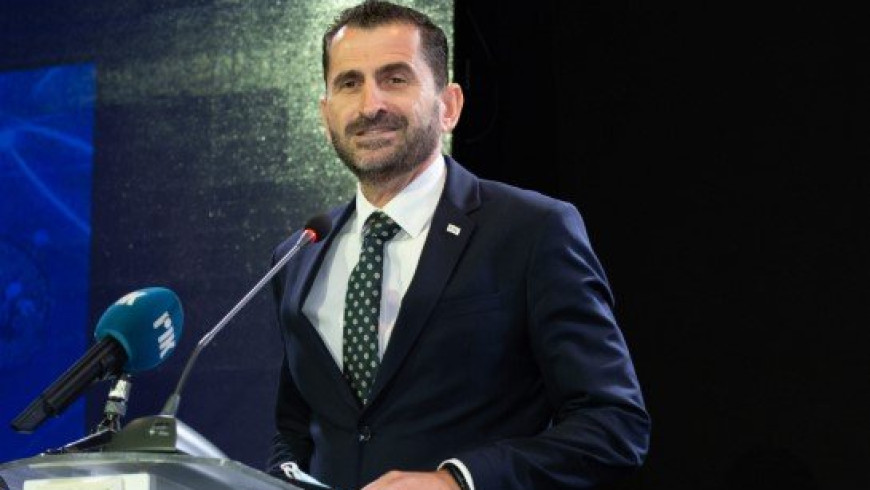
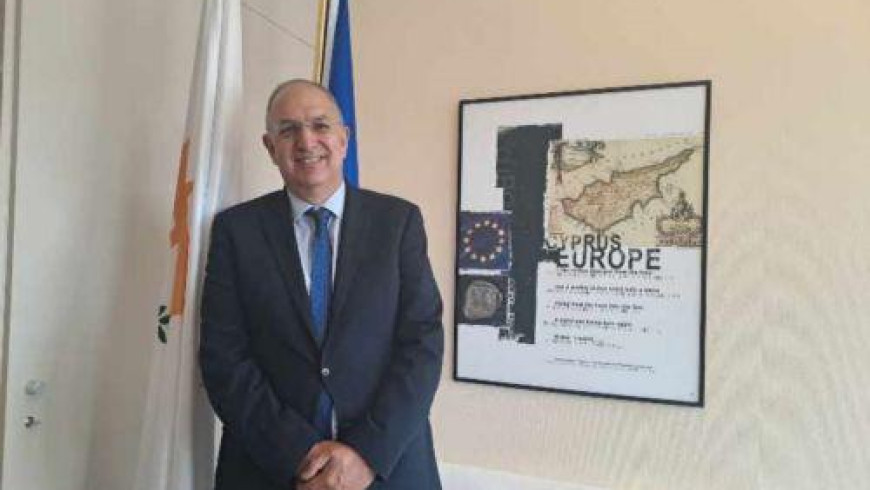
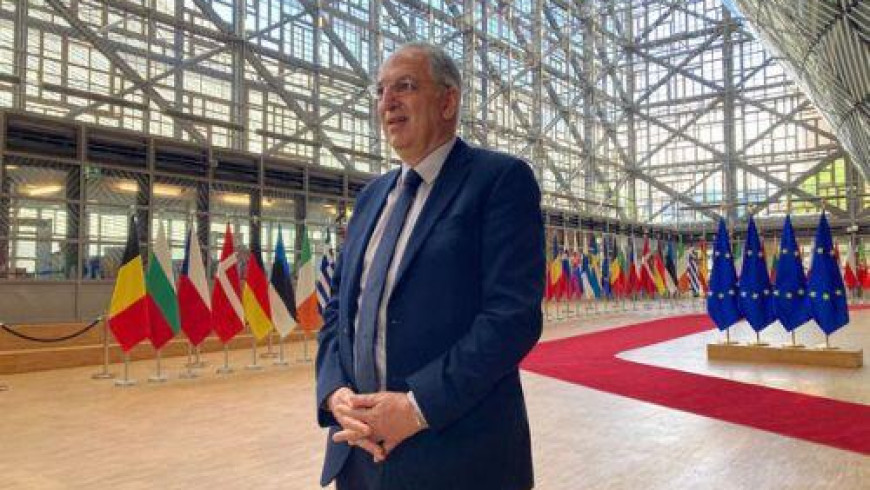
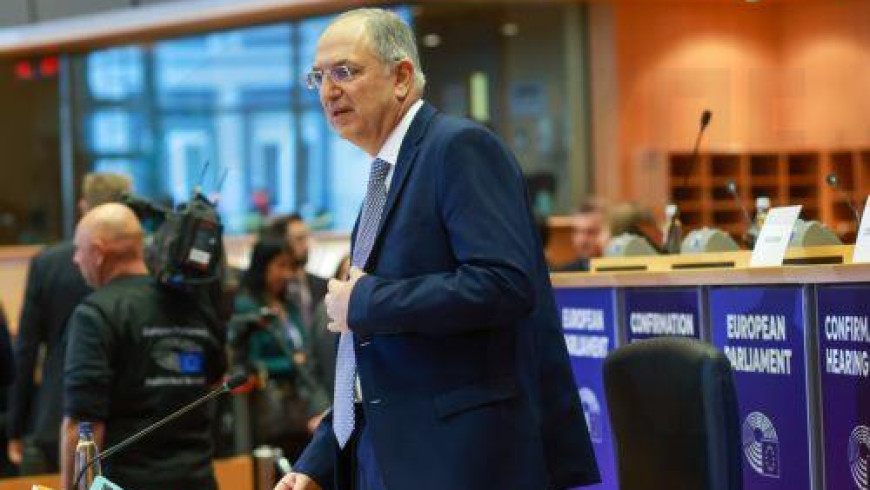
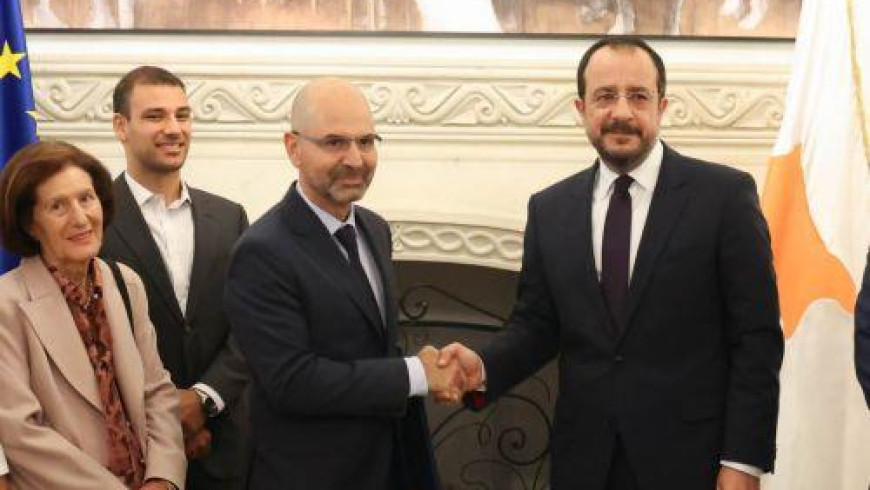
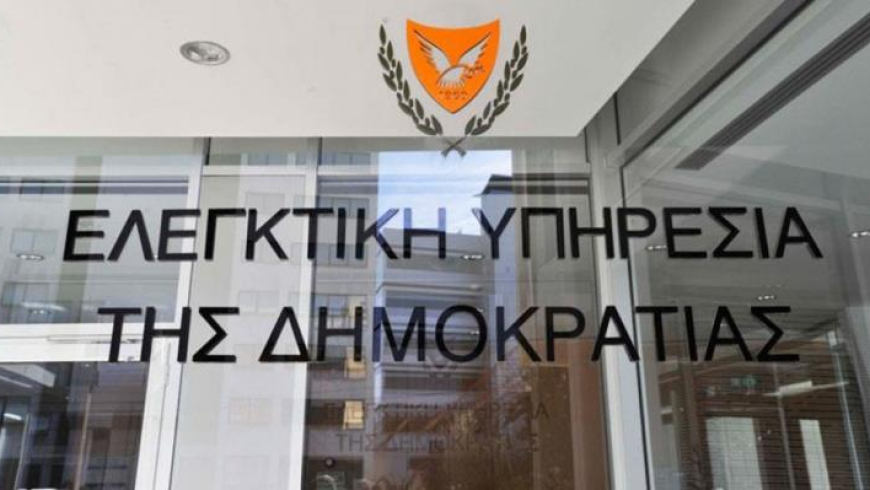
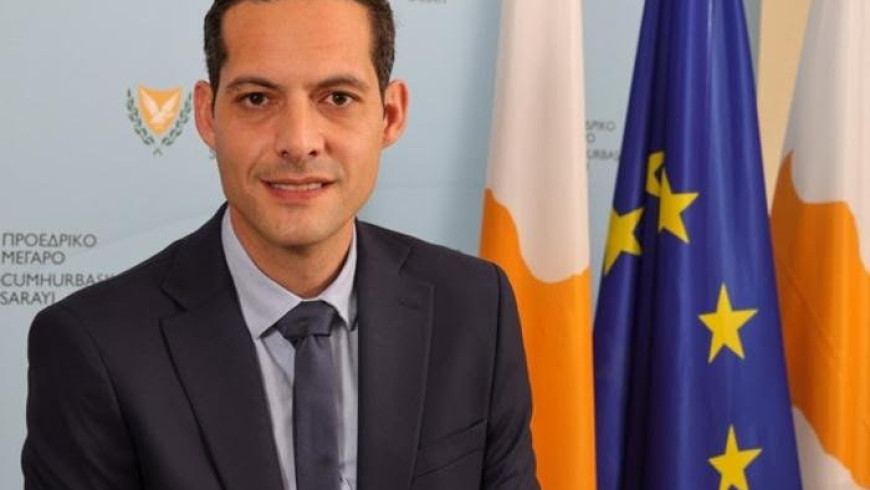
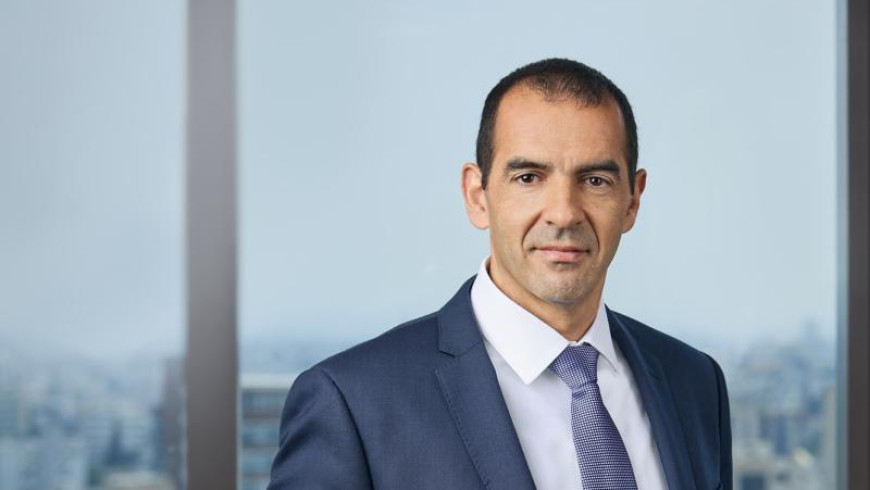





 3287.99
3287.99 1275.09
1275.09
